
27% of Companies Are Hiring MLOps in Supply Chain. Why?
MLOps, which embodies the collaboration between data science teams, engineers, and the larger business, addresses the fact that AI/ML models require continuous, collaborative management to keep up with our dynamic business environment. Companies are embracing it - but for supply chain, there's still a way to go.
Key Takeaways
-
1
62% of companies have hired for MLOps positions in the past year, but only 27% have hired for MLOps roles within supply chain.
-
2
The companies with the most MLOps roles in supply chain relative to the number of overall supply chain job listings are Sanofi, General Mills, and Maersk. The top ten MLOps recruiters come from a variety of industries, including pharma, retail, tech, healthcare, and e-commerce.
A Zero100 analysis found that supply chain leaders who have invested the most in recruiting AI talent have experienced an increase in revenue by 1.6x and in gross margin by 1.57ppt, compared to their industry peers. The possible ROI associated with embracing AI/ML is undeniable; however, successfully implementing the systems necessary to reach that potential calls for the careful management of complex operations, considering how data-sensitive AI/ML models are. To address this complexity, digital leaders like Amazon and Schneider Electric have evolved the role of product manager, a position first created by HP in 1945, into a more technically sophisticated position enhancing collaboration between data science teams, engineers, and the larger business. This set of practices is called MLOps.
While 62% of companies have recruited for MLOps positions in the past year – an encouraging figure – when looking within the supply chain function specifically, that number drops to 27%. Given how central supply chain stakeholders are to business happenings, supply chain is the logical home for a technology intended to bridge operations and business, and therefore, MLOPs-dedicated roles. One might expect tech companies to lead the way, but our data shows great cross-industry diversity, with the top ten supply chain leaders hiring for MLOps coming from the pharma, retail, tech, healthcare, and e-commerce industries.
Last year, Unilever launched an AI Horizon3 Lab in Toronto, with the goal of expediting AI innovation and enhancing its influence across more than 400 AI applications. To enhance MLOps agility, a switchboard tool enables the re-combination of models to cater to specific business contexts. Steve McCrystal, Chief Enterprise and Technology Officer at Unilever, described the program as a way to help the company step up its innovation agenda and drive value for consumers, retailers, and distributors. The renewed focus on R&D fueled by collaborative data and AI centers like the AI Horizon3 Lab has resulted in a number of efficiency-boosting innovations, including a new stain-fighting enzyme that strengthened cleaning performance by nearly 50%, the trick to keeping ice cream frozen at lower (more sustainable) freezer temperatures, and sustainable, circular tech to lengthen product shelf life.
In a 2024 Zero100 survey, we asked CSCOs and COOs how their supply chain teams collaborate with technical teams to ensure the data integrity and cleanliness required for AI/ML modeling. While the majority work together as needed (63%), only 32% have a collaborative data platforming process and supply chain teams systematically engaged in validating and co-defining data schemas and semantics. The closer the relationship between technical and business teams, the more efficiently you will be able to manage algorithms and ensure they remain relevant and aligned with business objectives. Members can learn more about MLOps in our report, Seizing This AI Moment: How to Capitalize on a Unique Convergence of Technology Advances for Sustained Supply Chain Advantage.
To see a different data cut or to dig deeper into this topic, reach out to our Head of Research Analytics, Cody Stack, at Cody.Stack@zero100.com.
Methodology
Zero100’s proprietary data and analytics are a combined effort between our data scientists and research analysts. We provide data-first insights matched with our own research-backed points of view and bring this analysis to life via real-world case examples being led by supply chain practitioners today.
For this study, we looked at 4.16 million LinkedIn job posts from 241 B2B and B2C companies. Our analysis categorizes listings based on mentions of specific digital skills within job titles and descriptions. We also surveyed 92 CSCOs and COOs. Respondents included supply chain professionals from companies with an average company revenue of over $1 billion from across all functions and all regions.